Unveiling the Emerald Tapestry: A Journey By way of the Rainforest Map World
Associated Articles: Unveiling the Emerald Tapestry: A Journey By way of the Rainforest Map World
Introduction
With nice pleasure, we’ll discover the intriguing matter associated to Unveiling the Emerald Tapestry: A Journey By way of the Rainforest Map World. Let’s weave fascinating info and supply contemporary views to the readers.
Desk of Content material
Unveiling the Emerald Tapestry: A Journey By way of the Rainforest Map World

The world’s rainforests, vibrant ecosystems teeming with life, are way over simply lush inexperienced landscapes. They’re intricate networks, advanced tapestries woven from numerous species interacting inside a fragile steadiness. Visualizing this complexity requires greater than a easy satellite tv for pc picture; it calls for a "Rainforest Map World," a multifaceted illustration encompassing biodiversity, ecological processes, and the essential human interactions shaping these important areas. This text delves into the creation and interpretation of such a map, exploring its varied layers and the essential insights it presents for conservation and sustainable improvement.
Past the Inexperienced: Layering the Rainforest Map World
A really complete Rainforest Map World transcends the restrictions of a single-layer map. As an alternative, it necessitates a layered strategy, integrating numerous datasets to disclose the intricate particulars of those ecosystems. Think about a base layer showcasing the geographical distribution of rainforests globally, highlighting the Amazon, Congo Basin, and Southeast Asian archipelagos as distinguished options. This foundational layer units the stage for the extra nuanced info that follows.
Layer 1: Biodiversity Hotspot Mapping: This layer showcases the unbelievable biodiversity richness of rainforests. It might make the most of color-coding to symbolize species richness, indicating areas with excessive concentrations of endemic species – these discovered nowhere else on Earth – in vibrant hues. Information from biodiversity databases, citizen science tasks, and ongoing analysis expeditions would feed into this layer, revealing the hotspots of endemism and areas requiring pressing conservation efforts. The map might additional differentiate between varied taxonomic teams, highlighting the distribution of particular households of crops, amphibians, birds, mammals, and bugs, permitting for a extra granular understanding of biodiversity patterns.
Layer 2: Ecosystem Companies Mapping: Rainforests present a large number of invaluable ecosystem companies, impacting international local weather regulation, water cycles, and human livelihoods. This layer would depict the spatial distribution of those companies. For example, areas essential for carbon sequestration may very well be highlighted, emphasizing their function in mitigating local weather change. Areas contributing considerably to regional water cycles, appearing as pure water towers, may very well be distinctly marked. Moreover, this layer might illustrate areas important for pollination companies, supporting agricultural productiveness and human meals safety. The visible illustration of those companies would underscore their financial and ecological significance, driving house the necessity for his or her safety.
Layer 3: Human Influence Mapping: Rainforests usually are not remoted islands; they’re inextricably linked to human populations. This layer would depict the extent and depth of human impacts, together with deforestation charges, agricultural encroachment, mining actions, and infrastructure improvement. Information from satellite tv for pc imagery, deforestation monitoring techniques, and socio-economic surveys would contribute to this layer, revealing areas underneath vital stress. Totally different colours and symbols might symbolize various kinds of human affect, permitting for a transparent visualization of the threats confronted by totally different rainforest areas. This layer is essential for figuring out battle zones and areas requiring quick intervention.
Layer 4: Indigenous Data Integration: Indigenous communities have lived in and managed rainforests for generations, possessing invaluable conventional ecological data (TEK). This layer would combine TEK, mapping areas of conventional land administration, sacred websites, and areas of cultural significance. By incorporating this data, the Rainforest Map World turns into a extra holistic and equitable illustration, recognizing the important function of indigenous communities in rainforest conservation. Collaborating with indigenous teams to gather and symbolize this information is essential for guaranteeing accuracy and respect for his or her cultural heritage.
Layer 5: Conservation Standing Mapping: This layer would combine information from protected areas, conservation initiatives, and endangered species lists. Nationwide parks, wildlife reserves, and different protected areas could be clearly demarcated, highlighting areas underneath formal conservation administration. Areas with excessive concentrations of endangered species may very well be highlighted, indicating precedence areas for conservation motion. This layer would supply a snapshot of the present conservation standing of rainforests, figuring out gaps in safety and areas requiring elevated conservation efforts.
Layer 6: Connectivity Mapping: Rainforests usually are not static entities; they’re dynamic techniques linked by means of ecological corridors and migration routes. This layer would illustrate the connectivity between totally different rainforest patches, highlighting essential pathways for wildlife motion and gene movement. This info is essential for understanding the resilience of rainforest ecosystems and informing landscape-level conservation methods. Figuring out fragmented areas and proposing options to boost connectivity could be important elements of this layer.
Decoding the Rainforest Map World: A Name to Motion
The Rainforest Map World, with its a number of layers of data, gives a strong instrument for understanding the complexity of those ecosystems and the challenges they face. By visualizing the interaction between biodiversity, ecosystem companies, human impacts, indigenous data, conservation standing, and connectivity, the map presents a complete overview of the present state of rainforests globally.
This built-in strategy permits for a nuanced understanding of the trade-offs concerned in rainforest administration. For example, the map may reveal conflicts between financial improvement and biodiversity conservation, highlighting areas the place sustainable improvement methods are essential. It might additionally establish areas the place indigenous data can inform efficient conservation methods, selling collaboration between native communities and conservation organizations.
The Rainforest Map World isn’t just a static illustration; it’s a dynamic instrument that may be up to date repeatedly with new information, reflecting the continued adjustments in rainforest ecosystems. This dynamic nature permits for the monitoring of deforestation charges, the monitoring of biodiversity adjustments, and the evaluation of the effectiveness of conservation interventions.
In the end, the Rainforest Map World serves as a strong advocacy instrument, elevating consciousness in regards to the significance of rainforest conservation and provoking motion. By visualizing the intricate interconnectedness of those ecosystems and the threats they face, the map can impress assist for conservation initiatives, promote sustainable improvement practices, and foster a deeper appreciation for the invaluable function rainforests play in sustaining the well being of our planet. The colourful emerald tapestry of the rainforest deserves our unwavering consideration and safety, and a complete map is step one in direction of guaranteeing its survival for generations to come back.

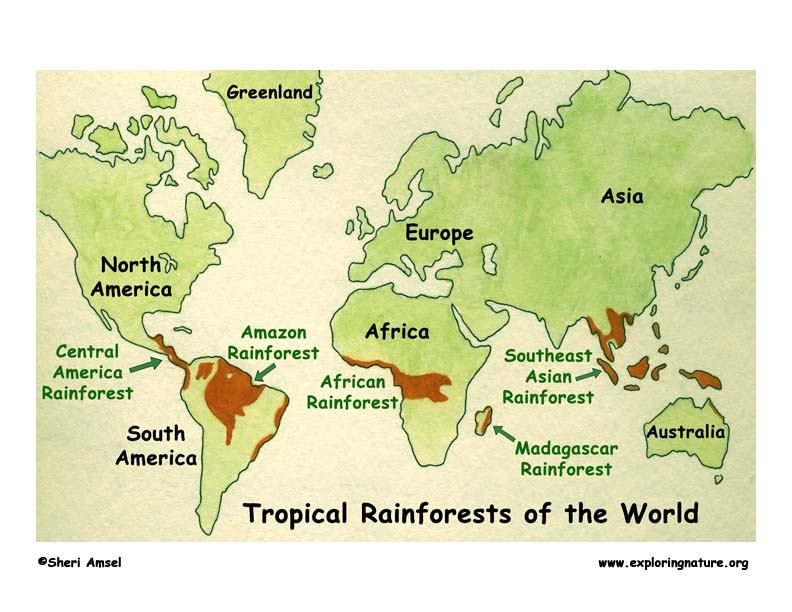
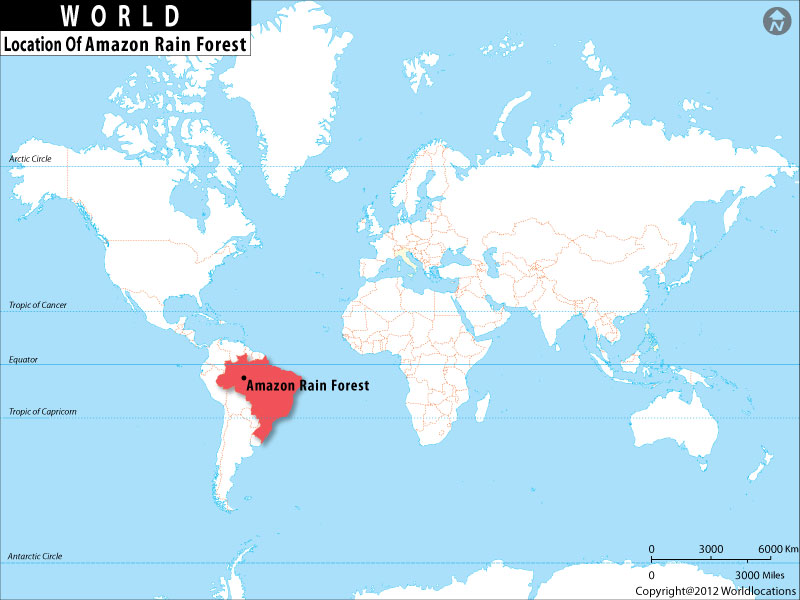
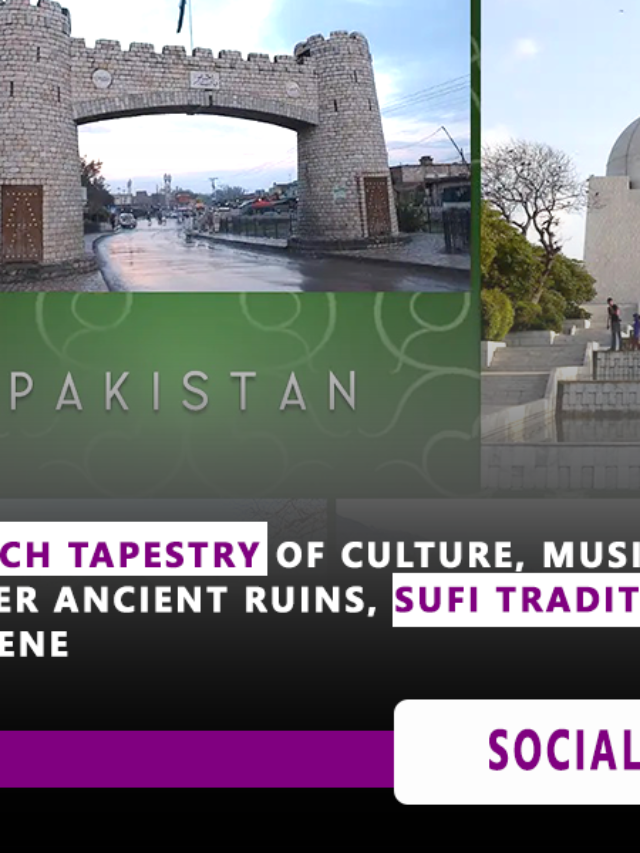

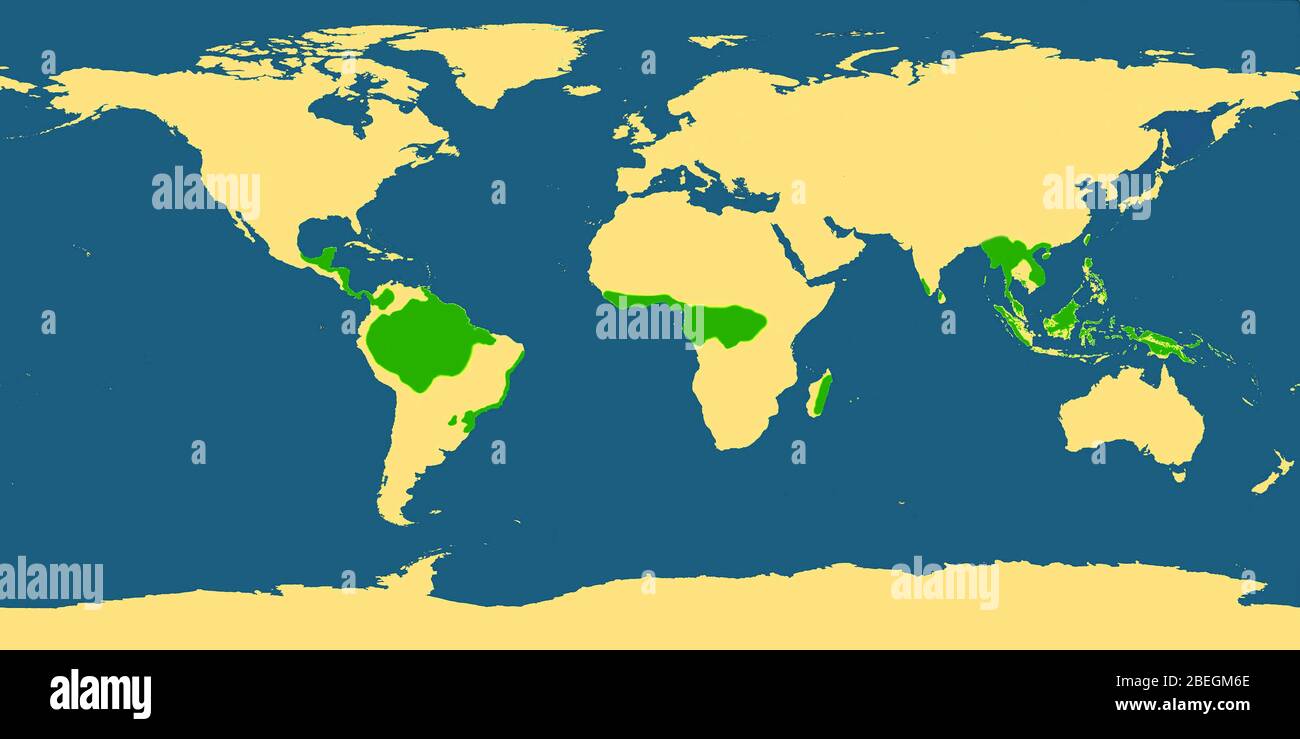

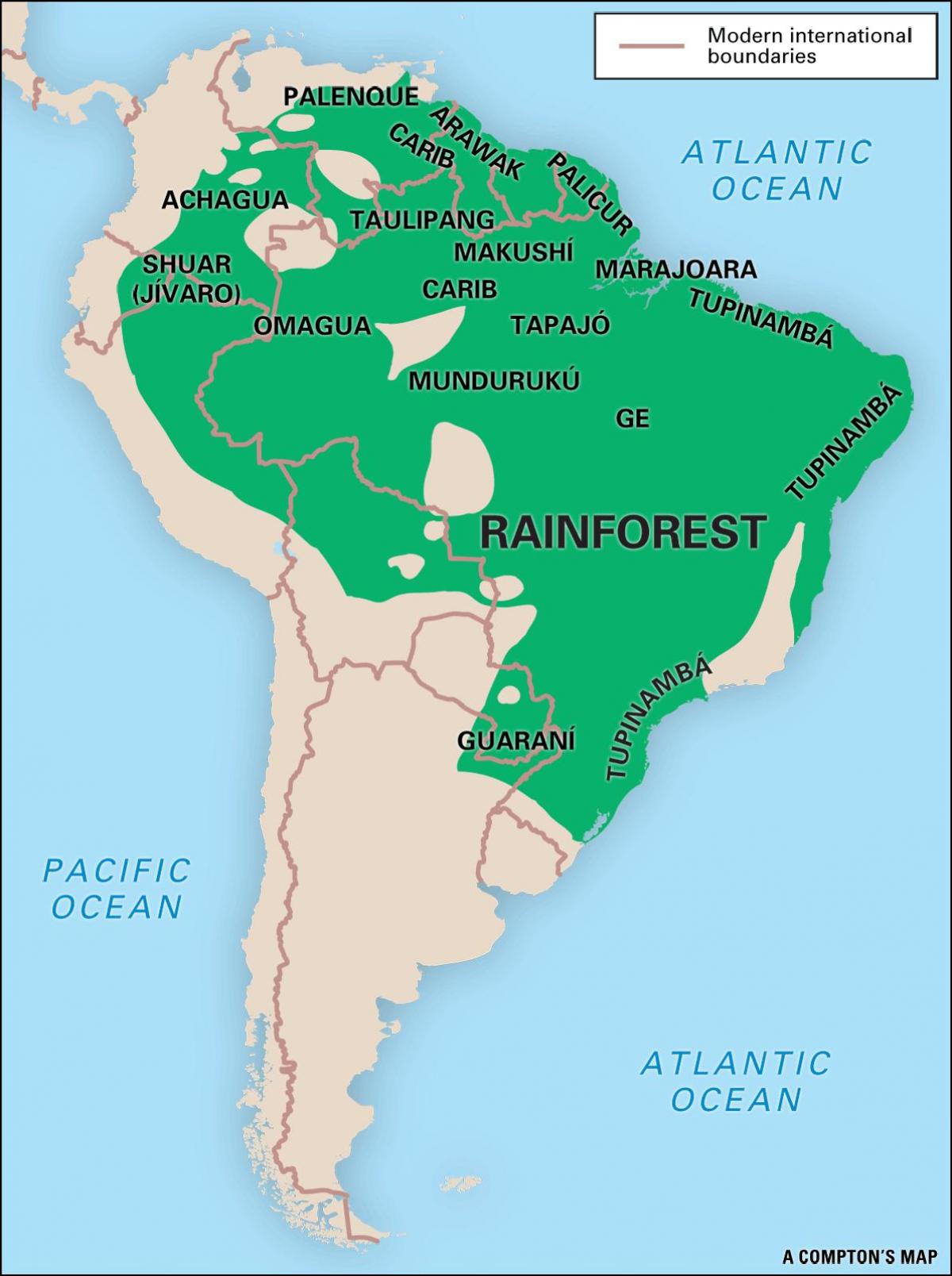
Closure
Thus, we hope this text has offered precious insights into Unveiling the Emerald Tapestry: A Journey By way of the Rainforest Map World. We hope you discover this text informative and useful. See you in our subsequent article!